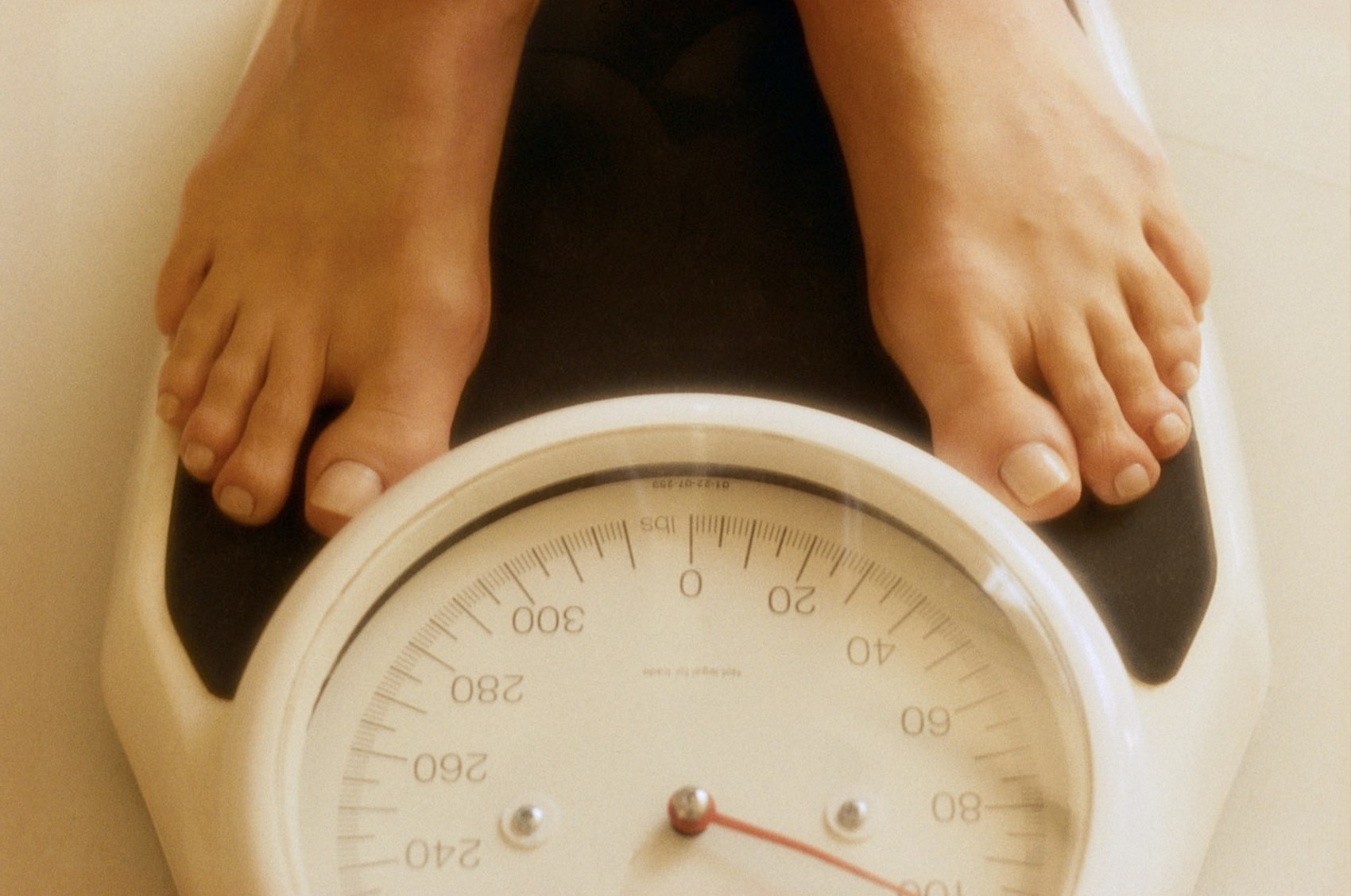Be part of the solution and make a difference

Most people think of obesity as just a fat storage problem. Eat too many calories and your body will simply convert the excess energy into fat, which is then stored in specialized fat cells. But although fat cells store energy, this is not all they do for a living.
Some fascinating scientific studies over the past two decades show that fat cells do much more than simply warehousing energy supplies. We now know they are intimately involved in sophisticated signalling to the brain, muscle and other body tissues via a whole family of complex chemical/hormonal messengers. Unfortunately, it seems that fat cells also promote inflammation through the actions of a group of molecules called adipokines.
So today, obesity is no longer considered as simply a fat deposit problem, but as a chronic inflammatory disease which may have an adverse impact on the body at many levels. Why does this matter to those of us with psoriasis?
Well it turns out that psoriasis also produces an intense inflammatory response, whilst the combination of psoriasis and obesity further intensifies the inflammatory reaction. Perhaps unsurprisingly, studies have shown that moderate weight loss improves the symptoms of psoriasis and psoriatic arthritis. But does losing weight improve the efficacy of drug treatment? Recent evidence suggests that it does.
In a study by Di Minno et al, 138 patients taking TNF-α blockers for psoriasis, were divided into two dietary groups: one group consumed <1500 kcal/day with no more than 35% fat, whilst the other group had an essentially free diet with minimal restrictions. Outcomes were measured as a composite score representing minimal disease activity (MDA). Results showed that patients who achieved a weight loss of ≥5% of their baseline weight, were significantly more likely to achieve MDA than those whose weight loss was <5%. In fact MDA was achieved by 50% of those patients with successful weight loss (≥5%) compared with 23.1% of those who lost <5%. Among those who lost >10% of body weight, no fewer than 59.5% achieved MDA.
Another study by Al Mutain et al, involving 262 psoriasis patients undergoing biologic therapy (eg. infliximab, etanercept etc) showed that weight loss had a strong tendency to increase the efficacy of the treatment. Major improvement in psoriasis severity as judged by the Psoriasis Area and Severity Index (PASI) score was achieved by 85.9% in the weight loss group, as compared with 59.3% in the controls.
Finally, in a study by Gelfand et al, 61 obese psoriatic patients on active treatment with cyclosporine were randomised into two groups; the first were given a low-calorie diet and the second received no dietary intervention. At week 24, the low-calorie group had lost around 7kg and showed a much greater improvement in their psoriasis symptoms than the control group.
Conclusion
Taking together these studies show that overweight and obese patients with psoriasis will significantly improve their symptoms by losing weight. This is true whether they are taking active drug treatment or using topical treatments only. In fact achieving and maintaining a healthy weight should now be regarded as a fundamentally important part of the long-term management of psoriasis.
Author:
Dr David Ashton
PAPAA Medical Advisor
References
Di Minno M, Peluso R, Lervolino A et al. Weight loss and achievement of minimal disease activity in patients with psoriatic arthritis starting treatment with tumour necrosis factor α blockers. Ann Rheum Dis 2014; 73:1157-1162
Al-Mutairi N, Nour T. The effect of weight reduction on treatment outcomes in obese patients with psoriasis on biologic therapy: a randomized controlled prospective trial.
Expert Opin Biol Ther. 2014 14:749-56.
Gelfand JM, Abuabara K. Diet and weight loss as a treatment for psoriasis?
Arch Dermatol 2010; 146:544-546
